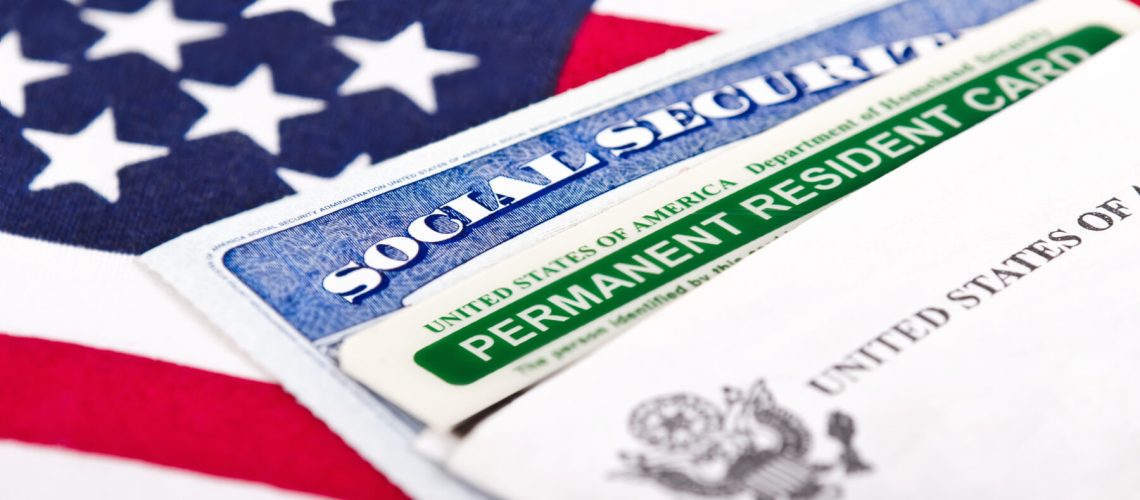A recent USA TODAY article is bringing renewed attention to how immigration laws are being enforced—and what that means for both immigrants and U.S. citizens. For immigrants, this is an important moment to understand long-standing federal requirements and consider how best to protect yourself in everyday life. U.S. immigration law requires non-citizens to carry proof of their status at all times, and recent enforcement patterns suggest that not having documentation readily available can lead to serious consequences, even for those with valid legal status.
The Law: Carrying Papers Has Always Been Required
Under section 264(e) of the Immigration and Nationality Act (INA), non-citizens over the age of 18 are legally required to carry proof of immigration status at all times. This includes permanent residents, visa holders, asylum recipients, and others with legal presence. While this requirement is not new, there are growing concerns that it is being enforced more strictly and with fewer safeguards than in the past.
What’s Changing
- Faster enforcement decisions: Officials may act quickly without fully verifying a person’s immigration or citizenship status.
- Mistaken detentions: Some individuals have been detained despite having valid status, including U.S. citizens without documents on hand.
- Increased risks for those unprepared: Not having physical documents readily available may delay your ability to prove lawful presence.
What Immigrants May Want to Consider
In light of current enforcement practices, some legal professionals and community advocates are suggesting that immigrants carry original or official copies of their immigration documents whenever possible, particularly when traveling or in areas where law enforcement is active. Examples of documents that may be helpful include:- Green cards (for lawful permanent residents)
- Employment Authorization Documents (EADs)
- Valid visa documents or I-94 cards
- Asylum approval notices
- Passports with valid U.S. visas
- Naturalization certificates
While digital copies may serve as backups, they do not meet the legal requirement to carry proof of immigration status.
How to Prepare
- Store your documents securely and keep them accessible when in public.
- Use a protective sleeve or folder to prevent damage or loss.
- Know your rights if approached by law enforcement or immigration officers.
- Contact an immigration attorney if you have questions about your status or your obligations.
Staying Safe and Informed
This is not legal advice, but a reminder that the law requiring immigrants to carry documentation remains in effect and may be more strictly enforced. Having proof of your status readily available may help avoid unnecessary complications or delays.
Need support or have questions about what documents apply to you?
If need assistance updating your legal status, please contact us to discuss the next steps.
This post is for general information only and is not legal advice. For guidance on your situation, please schedule an appointment.

